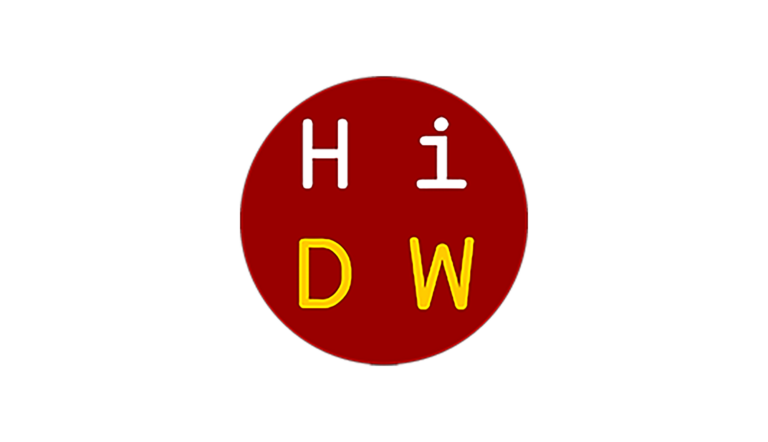Ethics of the Algorithm: Digital Humanities and Holocaust Memory
Tuesday, October 8, 2024
12:00 noon (PT)
Doheny Memorial Library, Room 240
RSVP to attend in person or on Zoom
A public lecture by Todd Presner, Michael and Irene Ross Professor and Chair, Department of European Languages and Transcultural Studies, UCLA
The Holocaust is one of the most documented – and now digitized – events in human history. Institutions and archives hold hundreds of thousands of hours of audio and video testimony, composed of over a billion words in dozens of languages, with millions of pieces of descriptive metadata. Engaging with these testimonies one at a time would take several lifetimes. Computational methods could be used to analyze an entire archive – but what are the ethical implications of “listening” to Holocaust testimonies by means of an algorithm? In his new book, Todd Presner explores how the digital humanities can provide both new insights and humanizing perspectives for Holocaust memory and history.
This event is organized by USC Dornsife Center for Advanced Genocide Research and cosponsored by USC Mellon Humanities in a Digital World.
Landscapes of Holocaust Rescue
Thursday, October 24, 2024
12:00 noon (PT)
USC, University Park Campus
Taper Hall, THH309K
RSVP to attend in person or on Zoom
Christopher J. Anderson, Texas State University
2024-2025 Margee and Douglas Greenberg Research Fellow
With its unique combination of location, topography, history, and people, the Plateau Vivarais-Lignon region in south-central France was a statistically and culturally significant place of rescue during the Holocaust. In this talk, Christopher J. Anderson (PhD candidate in Geographic Information Science) will discuss what computational analysis of survivor testimony transcripts reveals about the emotional discourse surrounding different kinds of landscapes and the meaning of the Plateau for victims and rescuers. He will reflect on the successes, challenges, and potential of computational methods for Holocaust Studies and Digital Humanities.
This event is co-sponsored by the USC Dornsife Center for Advanced Genocide Research, USC Mellon Humanities in a Digital World, and USC Francophone Research & Resource Center.


